Importing goods from Iran can present unique opportunities, especially for businesses looking to source high-quality goods like Persian rugs, saffron, dried fruits, nuts, minerals, and petrochemical products. Iran’s rich natural resources, skilled craftsmanship, and agricultural products have made it a valuable supplier in these areas. However, importing from Iran also comes with its own set of complexities due to international sanctions, logistical challenges, and specific documentation requirements. Here’s a comprehensive guide on how to navigate the importing process and maximize the benefits of sourcing products from Iran.
Overview of Key Products to Import from Iran
Iran is known for several high-demand exports, particularly in sectors such as agriculture, mining, textiles, and petrochemicals. Key products include:
Persian Rugs and Carpets: Handmade Persian rugs are prized worldwide for their quality, craftsmanship, and artistic value. Each region in Iran produces unique styles, colors, and patterns, making Persian carpets highly collectible and valuable.
Saffron: Iran is the world’s largest producer of saffron, known as “red gold” for its rarity and high value. Iranian saffron is famous for its intense color, aroma, and flavor, making it highly desirable in the food and pharmaceutical industries.
Pistachios, Dates, and Dried Fruits: Iran is a major exporter of pistachios, dates, and other dried fruits, which are valued for their quality and flavor. These products are especially popular in Middle Eastern and European markets.
Petrochemical Products: Iran has vast oil and natural gas reserves, producing a variety of petrochemical products, including ethylene, polyethylene, and other byproducts that are essential for the plastics and manufacturing industries.
Precious Metals and Minerals: Iran has significant reserves of copper, zinc, iron ore, and other minerals. Importers in the mining and metallurgy industries often source raw materials from Iran due to the high quality of its mineral resources.
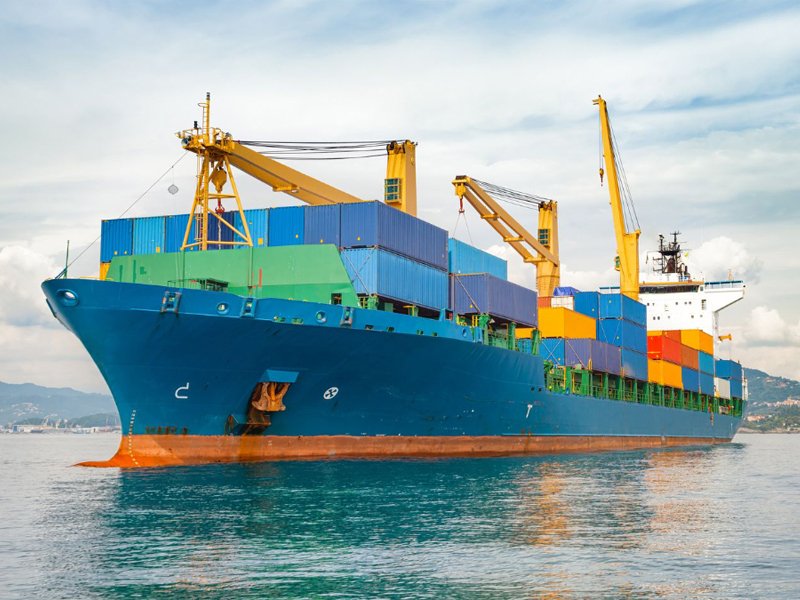
Understanding Regulatory Challenges and Compliance
Due to international sanctions, especially those from the United States, importing from Iran requires careful consideration of legal and regulatory restrictions. Many countries impose limitations on specific goods, individuals, and companies from Iran. However, some goods—such as food products, handicrafts, and certain industrial materials—are exempt in some jurisdictions.
Steps to ensure compliance:
Research Sanctions: Before importing, understand the sanctions relevant to Iran and determine if your desired products are subject to restrictions. Seek legal counsel if needed.
Check Licensing Requirements: In some cases, licenses may be required to import goods from Iran legally. Contact the relevant trade authorities in your country to ensure compliance.
Identify Exempted Goods: Certain products, especially in food and agriculture, may be exempt from sanctions. Be sure to confirm with the relevant authorities and import what’s permissible by law.
Read more: International Ocean Freight
Contact us to inquire about shipping rates.
Payment and Financial Transactions
International sanctions can complicate financial transactions with Iran, as many banks avoid transactions involving the country. Here are some strategies to facilitate payment:
Use Alternative Payment Methods: Depending on the regulations in your country, you might consider using third-party financial services to transfer payments where direct banking transactions aren’t allowed.
Letters of Credit (L/C): Using a letter of credit can provide security and ensure payment upon receipt of goods. Confirm with your financial institution whether they can facilitate a letter of credit for imports from Iran.
Currency Exchange Considerations: Iran primarily uses the Iranian rial (IRR). Be mindful of currency exchange rates, as fluctuations in the rial’s value can impact your total cost.
Read more: Air Freight
Shipping and Logistics
Iran’s geographical location offers several transportation options. Key ports like Bandar Abbas facilitate sea freight, while overland routes connect Iran to neighboring countries. Here’s what to consider when arranging logistics:
Shipping Method Selection: Sea freight is often the most economical choice for large or bulk shipments. However, air freight is available for high-value or perishable goods like saffron.
Customs Documentation: Prepare a full set of required documents, including commercial invoices, packing lists, certificates of origin, and any necessary health certifications for agricultural products. Accurate documentation speeds up the customs process.
Warehousing and Distribution: Depending on the final destination, you may need to arrange warehousing services in transit countries, especially for large or fragile items such as carpets.
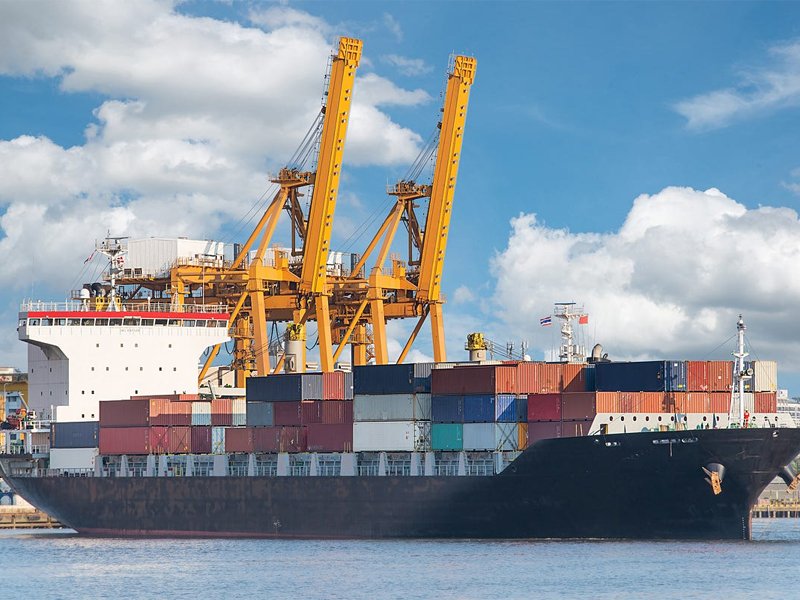
Finding a Reliable Supplier in Iran
Finding a reputable supplier is essential for importing high-quality products from Iran. A good supplier will understand international trade requirements and can facilitate smoother transactions and logistics.
Tips for finding a trustworthy supplier:
Research Trade Shows and Exhibitions: International trade shows featuring Iranian exporters can be an excellent opportunity to build relationships with trusted suppliers.
Use Online Platforms and Trade Directories: Certain platforms list certified Iranian suppliers, allowing you to browse and connect with exporters directly.
Conduct Background Checks: Verify your supplier’s credibility by checking references, certifications, and export history to avoid potential scams or issues with product quality.
Read more: Logistic Companies in Iran’s Capital, Tehran
Quality Assurance and Inspections
Quality assurance is crucial when importing goods such as saffron, carpets, or industrial materials, as variations in quality can significantly impact market value.
Insist on Certifications: Look for quality certifications or product testing reports. For example, saffron exports often come with certifications for purity and quality.
Arrange for Pre-Shipment Inspections: Many importers use third-party inspection services to ensure that goods meet quality standards before shipping. This is especially helpful for high-value goods like carpets and precious metals.
Request Samples: For products like carpets, pistachios, or dates, request samples to evaluate quality before making a large order.
Cultural Considerations and Relationship Building
Iranian business culture emphasizes relationships and trust, and building a good rapport with your supplier can lead to better deals and smoother transactions. Taking time to learn about Iranian business etiquette can make a difference in establishing strong partnerships.
Show Respect and Patience: In Iran, showing respect and taking the time to build trust can be beneficial. Avoid rushing negotiations and focus on relationship-building.
Work with a Local Agent: Having a local agent who understands Iranian business practices can ease communication and help avoid cultural misunderstandings.
Farsi Language Considerations: Many Iranian suppliers speak English, but having documents or contracts translated into Farsi may demonstrate respect and attention to detail.
Read more: Exporting to Iran
Tariffs and Import Duties
Each country has its own tariff structure and duties on imports from Iran, depending on trade relations and agreements. Importers should research applicable duties and taxes on specific Iranian products to calculate total import costs accurately.
Research and cost considerations:
Check Tariff Rates: Some countries have reduced tariffs on specific Iranian goods, like handicrafts, due to cultural and trade agreements.
Calculate Total Import Costs: Include duties, taxes, shipping, insurance, and potential storage fees when determining the full cost of importation.
Seek Duty Exemptions: Some goods may qualify for duty exemptions if they are deemed culturally significant or essential, like handicrafts or certain food items.
Conclusion
Importing from Iran can be a profitable venture if approached with careful planning and compliance.
The unique products Iran offers—from luxurious carpets to prized saffron and quality industrial minerals—can enhance any business’s product range. By understanding the regulatory landscape, choosing reliable suppliers, and handling logistics with attention to detail, importers can successfully bring high-quality Iranian products to international markets. With the right strategies and relationships, businesses can navigate the complexities of importing from Iran and benefit from its rich resources and skilled craftsmanship.
FAQs
Some of the most sought-after products include Persian rugs, saffron, pistachios, dates, dried fruits, petrochemical products, and minerals like copper and iron ore. These items are known for their high quality and unique characteristics.
Yes, many countries have sanctions on specific Iranian goods or companies. However, certain products, such as food items and handicrafts, are often exempt from sanctions. Always check your country’s regulations or consult a legal advisor to ensure compliance.
Payment methods can include third-party financial services, letters of credit (L/C), or currency exchange solutions if direct bank transactions aren’t possible due to restrictions. Consulting your financial institution can help identify secure, compliant methods.
Essential documents include a commercial invoice, packing list, certificate of origin, and any specific product certifications, such as health or quality certifications for food items. Proper documentation ensures a smoother customs clearance process.
While not mandatory, a local partner or agent can be highly beneficial. They can help navigate regulations, manage logistics, and facilitate smoother communication with suppliers, which can be particularly helpful given the cultural and language differences.



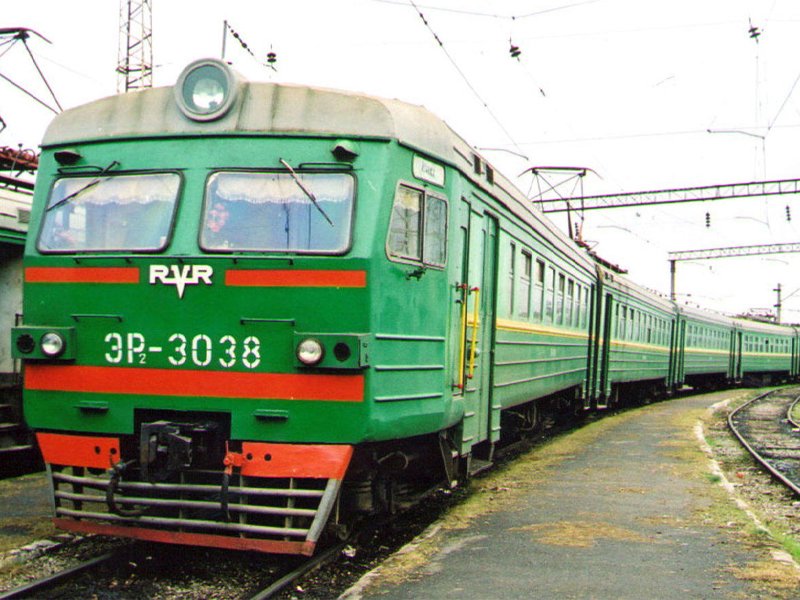
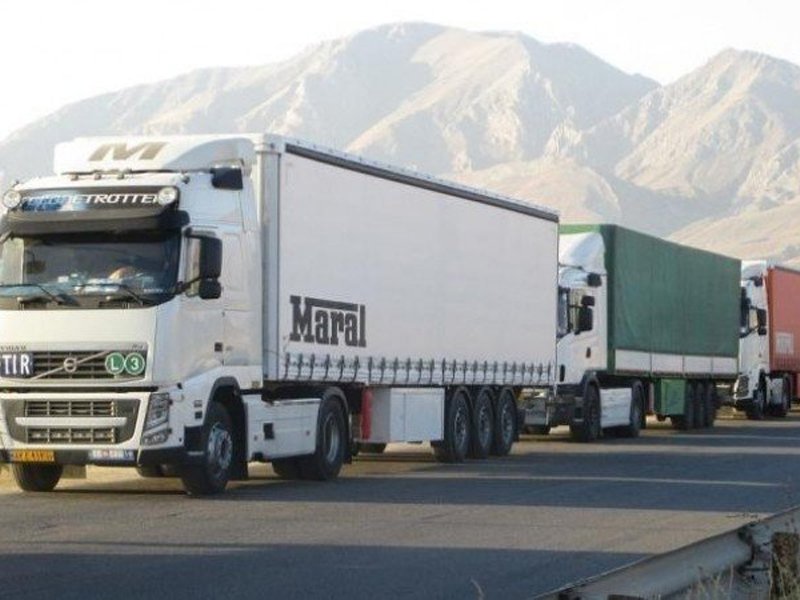


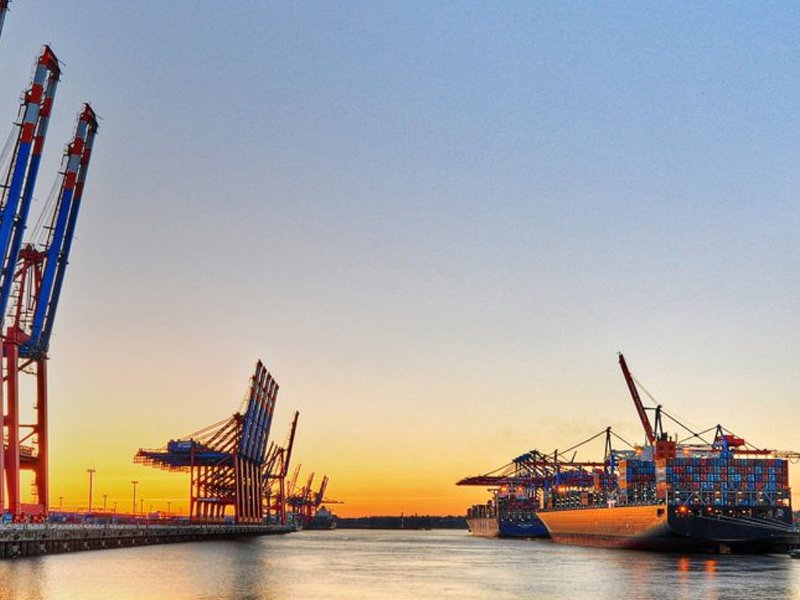


Recent Comments